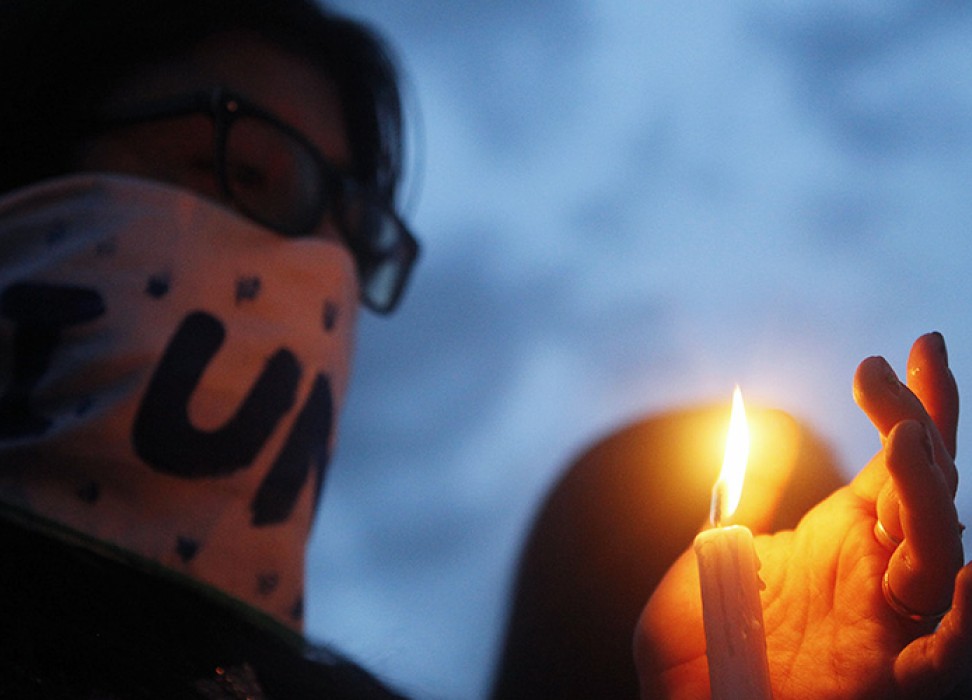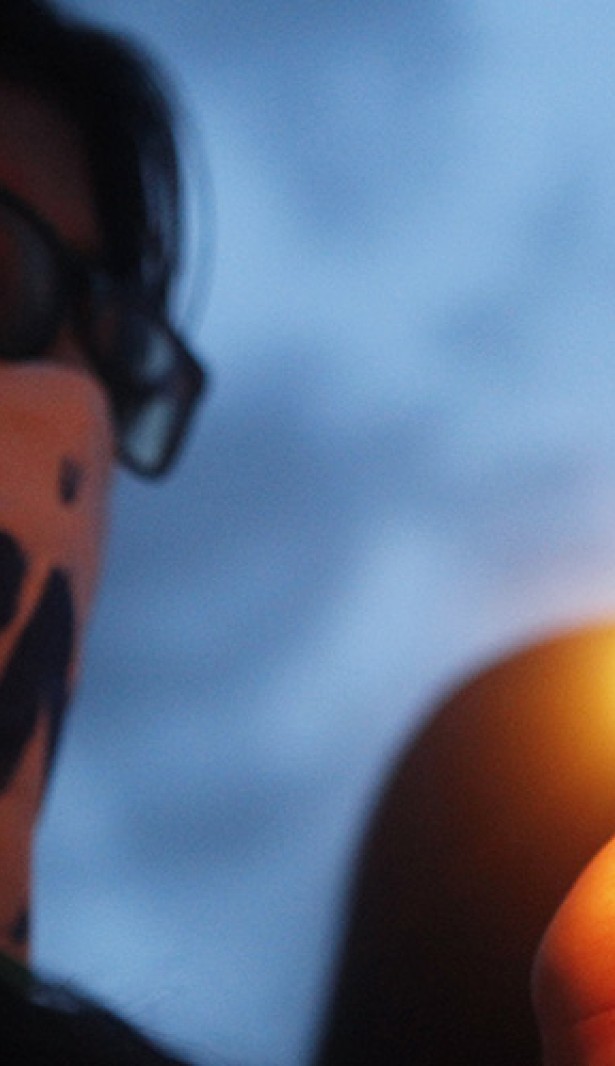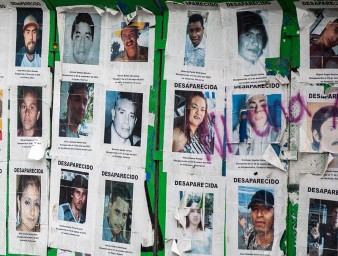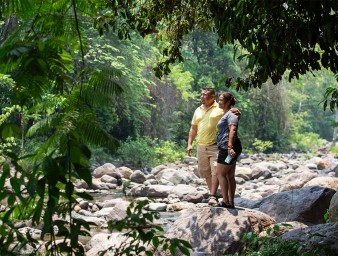The double-edged sword of new technology for human rights defenders
09 December 2018

The fast pace evolution of technology poses a unique challenge for human rights and its defenders.
"Technology is a weapon [to be defended against], but it is also a weapon for us, to speak truth to power," said Adam Shapiro, from the group Front Line Defenders. Front Line Defenders is one of the recipients of the 2018 Human Rights Award.
Shapiro made his comments during a discussion on human rights defenders and the risks and opportunities of new technology. The event, held in Capitol Hill, Washington, DC in the United States, brought together human rights defenders, organisations as well as those involved in technology, to gain a better understanding of the promise and perils new technology has for human rights.
"Human rights defenders are our key partners," said Peggy Hicks, director of the Thematic Engagement, Special Procedure and Right to Development Division for the UN Human Rights Office. "They are the ones who make human rights happen, who bring the Universal Declaration of Human Rights (UDHR) to life."
United States Congressman Jim McGovern agreed.
"When I have the opportunity to meet human rights defenders, they often thank me for my work," said McGovern, who co-chairs the Tom Lantos Human Rights Commission. "But the truth is that they are the wind at my back. It is I who must, and do, thank them."
This year marks not only the 70th Anniversary of the UDHR but also the 20th anniversary of the United Nations Declaration on Human Rights Defenders. The Declaration provides support and protection for human rights defenders in the context of their work. This support should cross all political and partisan boundaries, said United States Senator Chris Coons, who co-chairs the US Senate Human Rights Caucus.
‘Human rights issues are important," Coons said. "They are foundational. Human rights issues are and should be bipartisan."
Yet, because of their work human rights defenders have been increasingly targeted and threatened in all regions of the world. Between 2015 and 2017, 1,019 human rights defenders were killed in 61 countries across the world. In the last two years, 182 journalists were killed, with thousands of others facing harassment and threats on and off-line.
Rana Ayyub is an Indian journalist and writer whose investigative work in various mainstream publications lead to a Home Minister of India being jailed in 2010. Her work has led to harassment and threats against her and her family. In April of this year, she was subjected to a virulent online hate campaign that included messages that called for her to be gang-raped and murdered and dehumanised her Muslim faith.
"Never has technology been used so successfully to stifle free speech," she said during the event.
Yet technology can do a great deal to protect human rights defenders as well. Alp Toker is the executive director of NetBlocks, a global internet observatory working at points where cyber-security meets election integrity. He leads teams building data-driven instruments that will support free expression and fundamental human rights. He said that technology and innovation can empower human rights globally.
"We have different ways of helping and technology is one of those," Toker said during the discussion.
While new technologies and interconnectedness has helped expand civil society networks, they have also created new avenues and excuses for control on movement and speech, said Hicks. The UN Human Rights Office is increasingly concerned with the "shrinking civic space" – opportunities for civil society groups and others to operate – through increasing restrictions online. Attacks, both physical and other, on civil society, is on the increase, especially for women human rights defenders. Actions such as increased surveillance online, registration for funding of civil society groups and legal and policy restraints imposed in the name of counter-terrorism or morality measures have also been on the rise.
Hicks said the solution is to get the public behind defenders.
"We need to build public support for civil society, make civil society efforts more relevant to the general public and build the evidence case for why civic space is better for societies," she said.
9 December 2018




